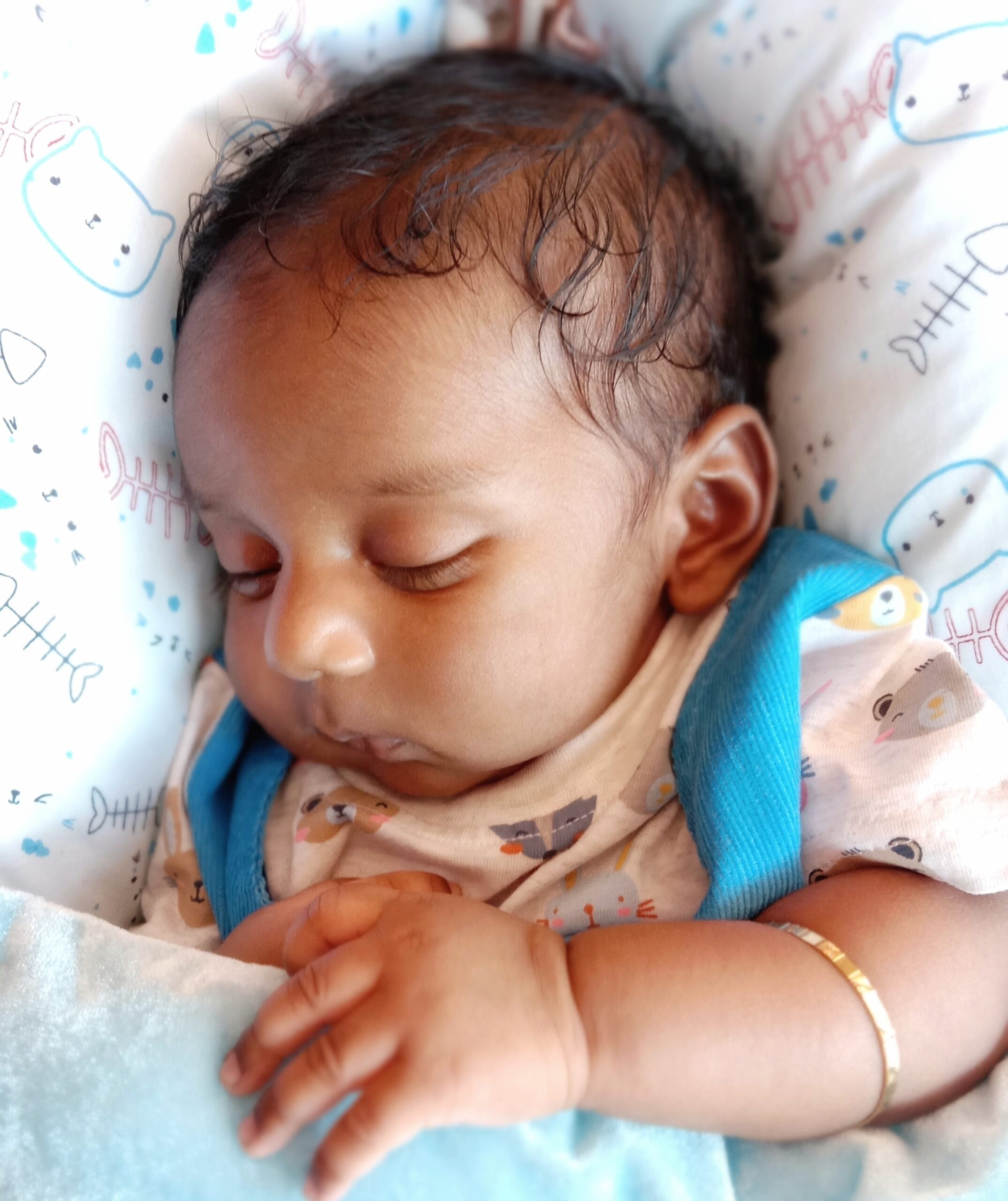I am probably the only sleep consultant out there who talks families out of sleep training when the only motivation is to do it because they think they should. Barring extreme fussy/grumpy behavior or physiological exhaustion, babies thrive and will develop beautifully even if they are supported with sleep until they are 7 years old. I do however greatly value a parent’s mental health and think sleep training is for us, which is a valid choice. But, is Sleep Training Bad?
The consultations I have with parents clarify for me again and again how all of the answers to their sleep-related questions are deeply personal and my advice can be polar opposite depending on what the goals are.
Read on to discover how goals clarify the answers to 3 common sleep questions I get on a weekly basis.
Should we sleep train? It depends on what’s going on. How is the parent’s mental health doing? How are the family relationships doing? How is the child doing? Can you make sleep changes in a supportive, loving way? If people are suffering and changes can be made in a supportive way, it can be a really good choice. If things are feeling sustainable, you probably don’t need to do it.
Is sleep training worth it? Is it even worth doing if you end up having to do it multiple times because of travel, sickness, or teething? Again, PERSONAL. Some children are great sleepers and some are very challenged but the average child has about 8-12 weeks of decent sleep followed by 4-6 weeks of off-track sleep. This is due to ALL of the development that is happening in the first many years of life. If having to endure some crying over and over again, sounds horrible and not worth it, then it’s probably not the best choice because sleep training often isn’t a one-and-done thing. If you think that 8-12 week chunks of better sleep sounds awesome and you are ok with intermittent sleep training when things need to get back on track, then it can be a great choice for your family.
How do we set up good sleep habits now so we don’t have to break habits in the future? It is almost impossible to not support our children with sleep in the early days. If you happen to get an independent sleeper from birth, this is doable but otherwise, you WILL have to “break” habits at some point if you wish to move away from supported sleep options.
Is it easier to do when your child is younger? There is no magic timeframe for when a child can learn independent sleep skills. The absolute easiest time is between 3-5 years of age but many people don’t want to wait that long. 5-8 months of age is slightly easier than 8-24 months because they aren’t yet pulling to stand and talking but that doesn’t mean it’s better. They are still really little then.
My main point here is there are benefits and drawbacks to every age. You can never do it and you can do it as early as 4 months and you can do it anywhere in between. There is no cut-off for when a child can learn independent sleep skills.
If you or someone you know is struggling with a child’s sleep, run through these questions to help clarify what choices may be right for you.
- Is the baby/child growing and developing well?
- On a scale of 1-10, how ok am I with how things are now? (1 being awesome, 5 being mildly put-out but sustainable and 10 being about to pull all of my hair out and feel like I’m losing it.)
- Based on your above answer, what are your choices? (Continue on, focus on some schedule or mindset shifts, and make a concerted plan for change to save mental health. (This could include some relief care if sleep training is not an option).
If you need support figuring out what this means for YOU, don’t hesitate to book an appointment!
Until Next Time,
Jen
